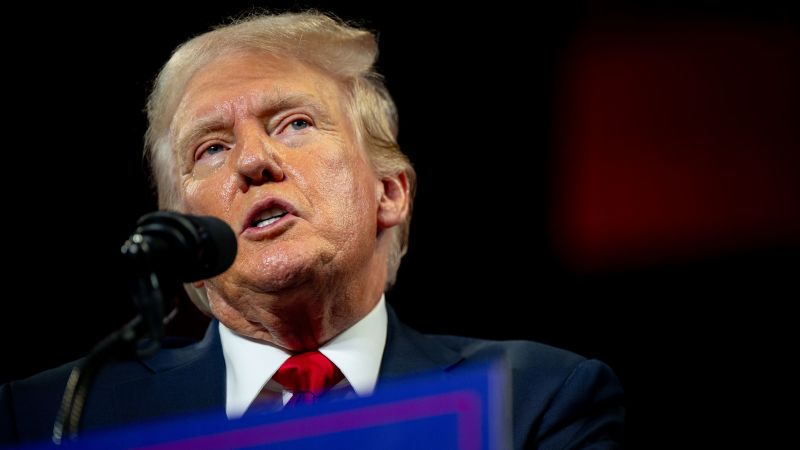The National Association of Black Journalists faced backlash for inviting Donald Trump to sit for an interview at its annual convention in Chicago. Some prominent members, such as Karen Attiah of The Washington Post, expressed dismay and even resigned from their roles in protest. Trump’s history of attacks on the media and association with racist elements of his MAGA movement led to heightened controversy over his appearance at the NABJ conference, particularly among Black women journalists who had been targeted by him during his presidency.
Despite the outpouring of disapproval from some members, not everyone was in agreement. Symone Sanders argued that Trump, as the Republican nominee, should be interviewed like any other presidential candidate. She emphasized that the role of journalists is to ask the tough questions and suggested that NABJ was doing its job by hosting the interview. Past presidents, including Barack Obama, Bill Clinton, and George W. Bush, have attended and accepted invitations to speak at the NABJ convention, further emphasizing that Trump’s appearance would not be unprecedented.
The NABJ faced additional criticism for accepting Trump’s invitation while rejecting requests from the Kamala Harris campaign to accommodate her participation in the conference. The Harris team had attempted to schedule a virtual fireside chat or a later in-person appearance for the vice president, but these requests were denied by the NABJ. This decision highlighted a contrast between the treatment of Trump and Harris by the organization, with advocates citing Harris’s commitment to ensuring Black reporters have a seat at the table.
Despite the controversy surrounding Trump’s appearance and the rejection of Harris’s requests, the NABJ stated that the Q&A with Trump would focus on pressing issues facing the Black community. While some members questioned the decision to platform Trump, others defended the choice as part of journalistic duty to interview political figures, regardless of their controversial stances. The organization did not respond to multiple requests for comment on the backlash, leaving the issue unresolved within the NABJ community.
The internal debate within the NABJ reflects broader discussions within the journalism industry about engaging with controversial figures and providing platforms for diverse perspectives. The organization’s decision to host Trump and reject Harris’s requests sparked conversations about journalistic ethics, representation, and the responsibility of media outlets to uphold values of diversity and inclusion. As the NABJ seeks to navigate this storm of criticism and divergence of opinions among its members, it faces the challenge of balancing conflicting viewpoints while upholding its mission to support and elevate Black journalists in the industry.


